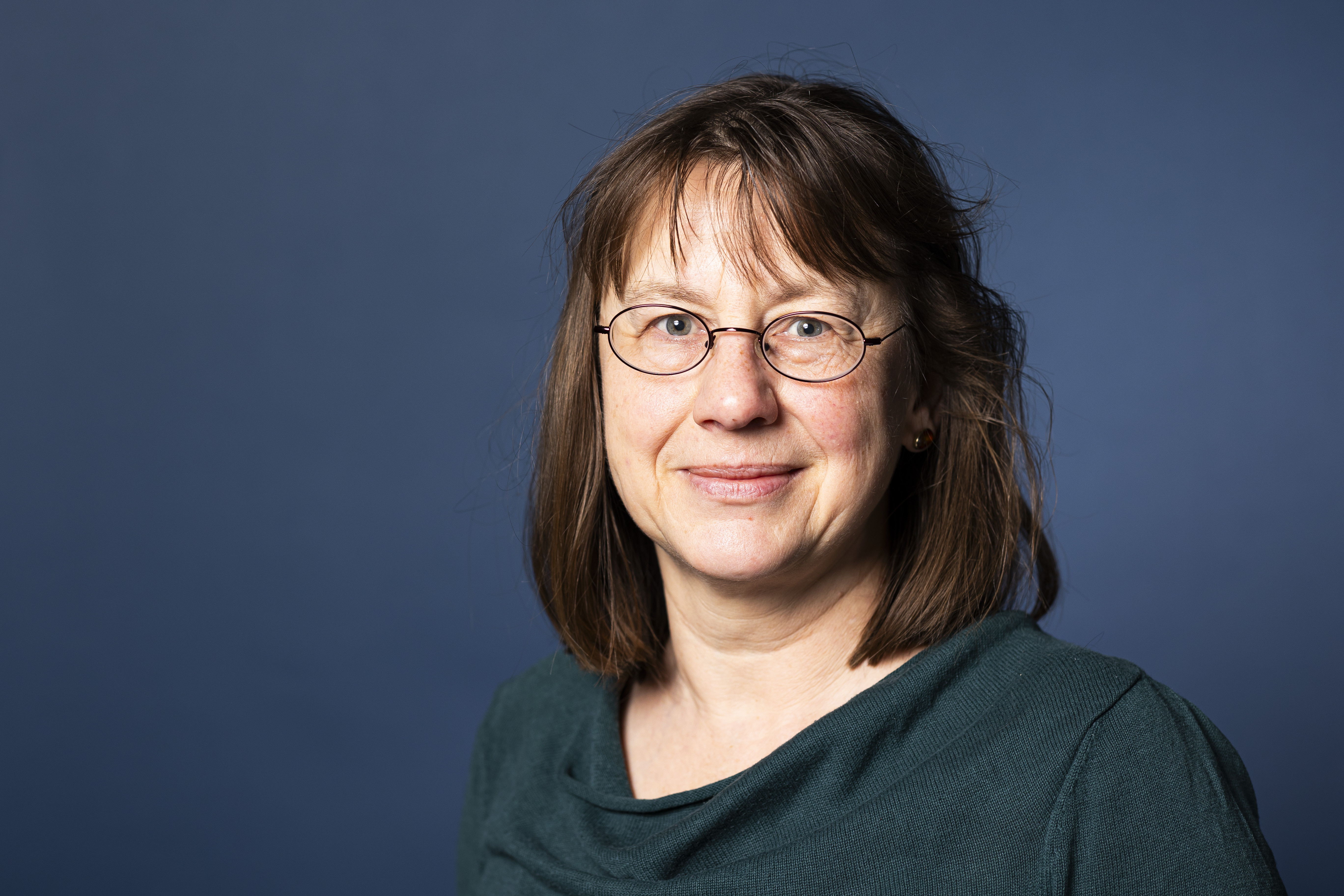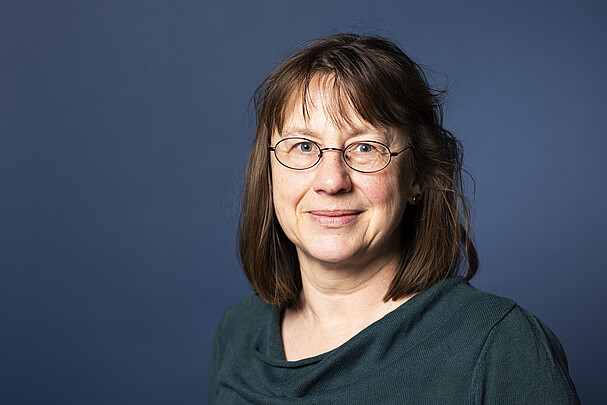Many applicants have very high hopes for their hardship application. However, not every impairment justifies admission on grounds of hardship, despite the sufferer perceiving the impairment as hard. A severe disability (according to the Disabilities Act) alone, for example, does not usually justify immediate admission under the hardship provision.
What does exceptional hardship mean?
A case of exceptional hardship exists when special personal health, social or family reasons make it essential for the applicant to start studying immediately, i.e. if the personal reason makes it unreasonable to delay the commencement of studies, even by one semester.
In concrete terms, this means: If your hardship application is accepted, you will still initially take part in the selection procedure together with all other applicants. Even if you do not meet the selection thresholds, you will not receive a notice of rejection; instead, you may now be admitted under the hardship quota.
What supporting documents do I need to submit?
You will need to provide evidence that you are facing a particularly serious exceptional situation. The exceptional situation must be related to present or future circumstances. An example of such a situation would be an illness that is expected to worsen and that would no longer enable the applicant to complete their studies if they started at a later date.
Examples of grounds for application
Grounds that are usually recognised:
Particular health circumstances that necessitate the applicant’s immediate admission, as established in a specialist medical report.
- An illness that is expected to worsen, most probably rendering the applicant unable to complete the degree programme, due to the stress involved.
- Very limited career options due to physical disability. The desired degree programme gives reason to expect the applicant’s successful rehabilitation.
- Physical disability: the disability prevents any other reasonable activity until the applicant is allocated a place at university.
- Particular family or social circumstances that necessitate the applicant’s immediate admission (appropriate supporting documents must be provided to prove this).
- Late resettlement after engaging in studies in the country of origin that correspond to the selected degree programme (the applicant must provide an official certificate of late resettlement and a certificate from the university confirming that the applicant engaged in relevant studies in the country of origin).
- The applicant was admitted to the relevant degree programme in the past, but was unable to accept the place for compelling reasons (in particular illness) for which the applicant was not responsible (the applicant must provide evidence of the compelling reason that prevent them from enrolling).
Grounds that are usually not recognised:
Care of relatives
- Abandonment of previous studies or profession due to unemployment or poor job prospects
- Abandonment of previous studies or profession due to a lack of motivation or aptitude
- Abandonment of previous studies or profession on grounds of conscience
- The applicant claims to have a special aptitude for the chosen degree programme and the relevant profession
- The applicant has completed academic achievements or periods of study that can be credited towards the chosen degree programme,
- Many years of theoretical work in the field of the chosen degree programme,
- The applicant is of advanced age
- Repeated rejection of a place on the desired degree programme
- Further delay of the commencement of studies would mean that the applicant exceeds an important age limit (e.g. for admission to the preparatory phase of teacher training or for admission to civil servant status)
- Performance of a service
- Regional restriction of the higher education entrance qualification
- A degree programme that the applicant began abroad cannot be completed there and is therefore to be continued here
- The need for high expenditure to acquire a university entrance certificate in second-chance education
How to apply
In order to submit a hardship application, you must first apply online for your chosen degree programme within the period stipulated. You may state in your online application that you wish to make a hardship application.
To make a hardship application, you must upload the following documents:
- Application for registration (you will receive this as a PDF document at the end of the online application process)
- A self-formulated letter of application
- Relevant supporting documents for your case of hardship (e.g. specialist medical report)
Your self-formulated letter of application should include a detailed statement of reasons. Your letter of application and the supporting documents must present your case of hardship clearly so that an outside individual can understand the facts on the basis of the documents. The circumstances invoked must relate to you personally, and you may not be responsible for those circumstances.
If possible, please apply and submit your hardship application early.
Medical certificates are also called specialist medical opinions or specialist medical reports.
A medical certificate for a hardship application must be up-to-date and must refer adequately to the individual criteria put forward by the applicant. The report should contain statements on the origin, severity and course of the illness, and options to treat it, as well as a prognosis of further disease progression. Medical non-specialists with no advanced medical expertise should also be able to understand the report. In addition to the medical certificate, the applicant should also submit their disabled pass and notice of determination, if applicable.
Documents should always be submitted in the form of officially certified copies.
Can foreign applicants also make a hardship application?
Foreigners who did not gain their higher education entrance qualification in Germany may not make a hardship application.
Foreigners who gained their higher education entrance qualification in Germany may make a hardship application.
Can a hardship application also be made for a Master’s programme?
A hardship application cannot be made when applying for a Master's programme.
Learn about studying at Leibniz University Hannover on social media:

 ©
Zentrale Studienberatung / LUH
©
Zentrale Studienberatung / LUH
30167 Hannover

 ©
Zentrale Studienberatung / LUH
©
Zentrale Studienberatung / LUH










